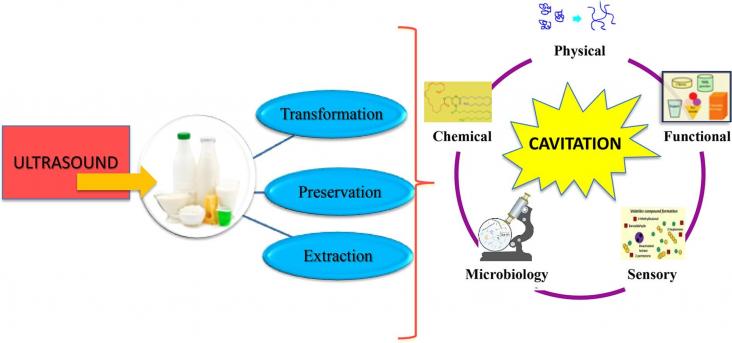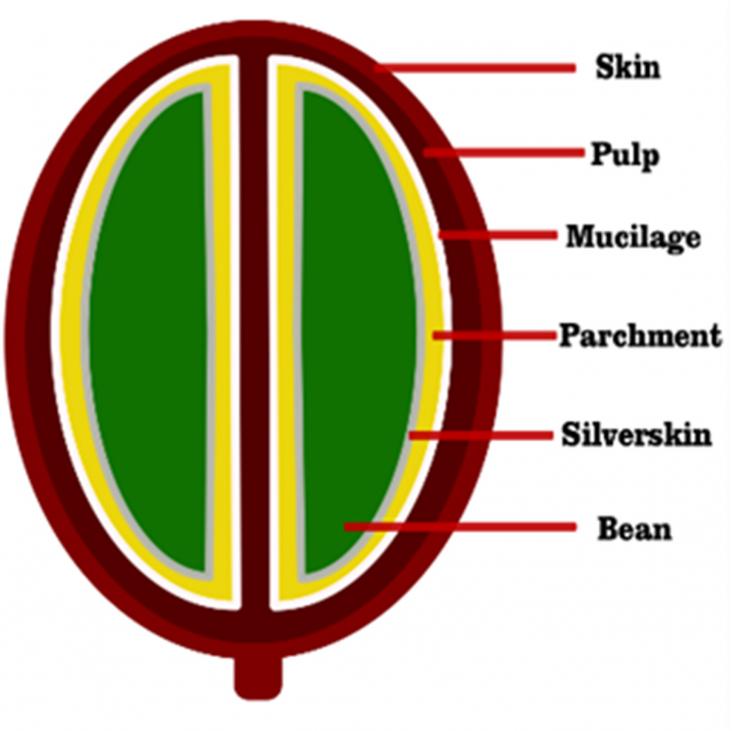
Food is essential to provide energy for human cellular metabolism, and is usually made from plants or animals.
Microplastic pollution has sparked interest from researchers, public, industries, and regulators owing to reports of extensive presence of microplastics in the environment, household dust, drinking


Background: Coffee is of the most traded commodities in the world and its market has grown regularly over the last 150 years.
Food packaging can be considered as a passive barrier that protects food from environmental factors such as ultraviolet light, oxygen, water vapour, pressure and heat.
